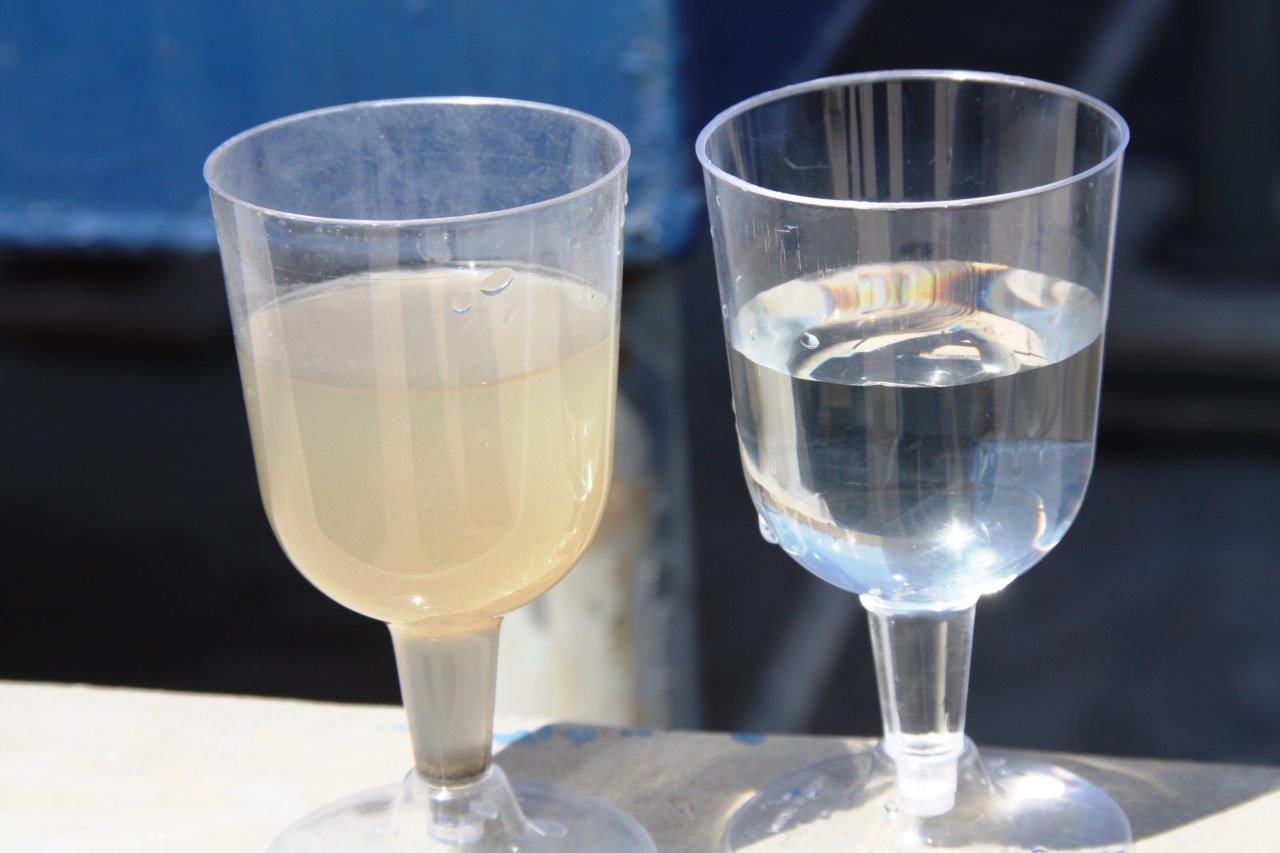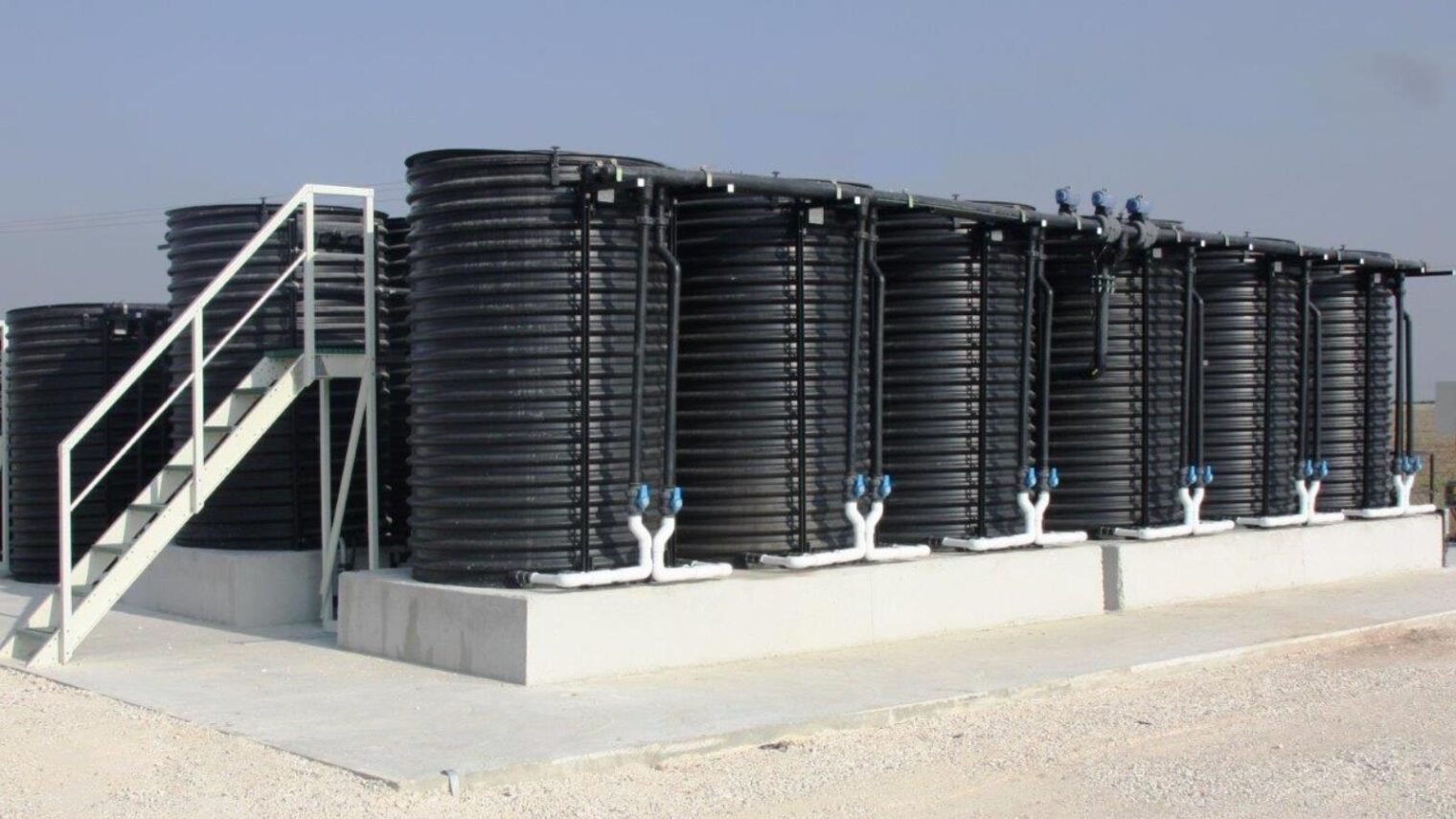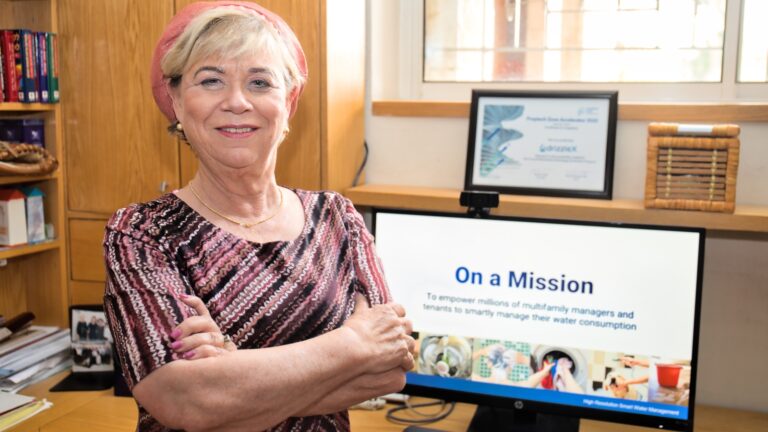A modular, scalable, quiet and odor-free wastewater treatment technology from Israel’s Emefcy recently launched its first operational plants, one locally in the Jezreel Valley and one in the US Virgin Island of St. Thomas. Another will open next year at a hospital in Ethiopia.
Altogether, more than 40 global projects for rural villages, sustainable buildings, hotels, resorts and golf courses are in Emefcy’s opportunities pipeline, says cofounder, managing director and CEO Eytan Levy.
The company’s novel membrane-aerated biofilm reactor (MABR) technology — which reduces energy consumption by up to 90 percent and sludge yield by half compared to conventional aerobic wastewater treatment — was named by WaterOnline as one of the top 10 technologies presented at WEFTEC (Water Environment Federation Technical Exhibition and Conference) last September.
Emefcy expects to make its biggest splash in China.
Part of China’s five-year plan for development includes installing wastewater treatment plants in about 60,000 rural villages, serving over 400 million citizens. The specs for this $15 billion project match well with Emefcy’s approach, Levy tells ISRAEL21c.
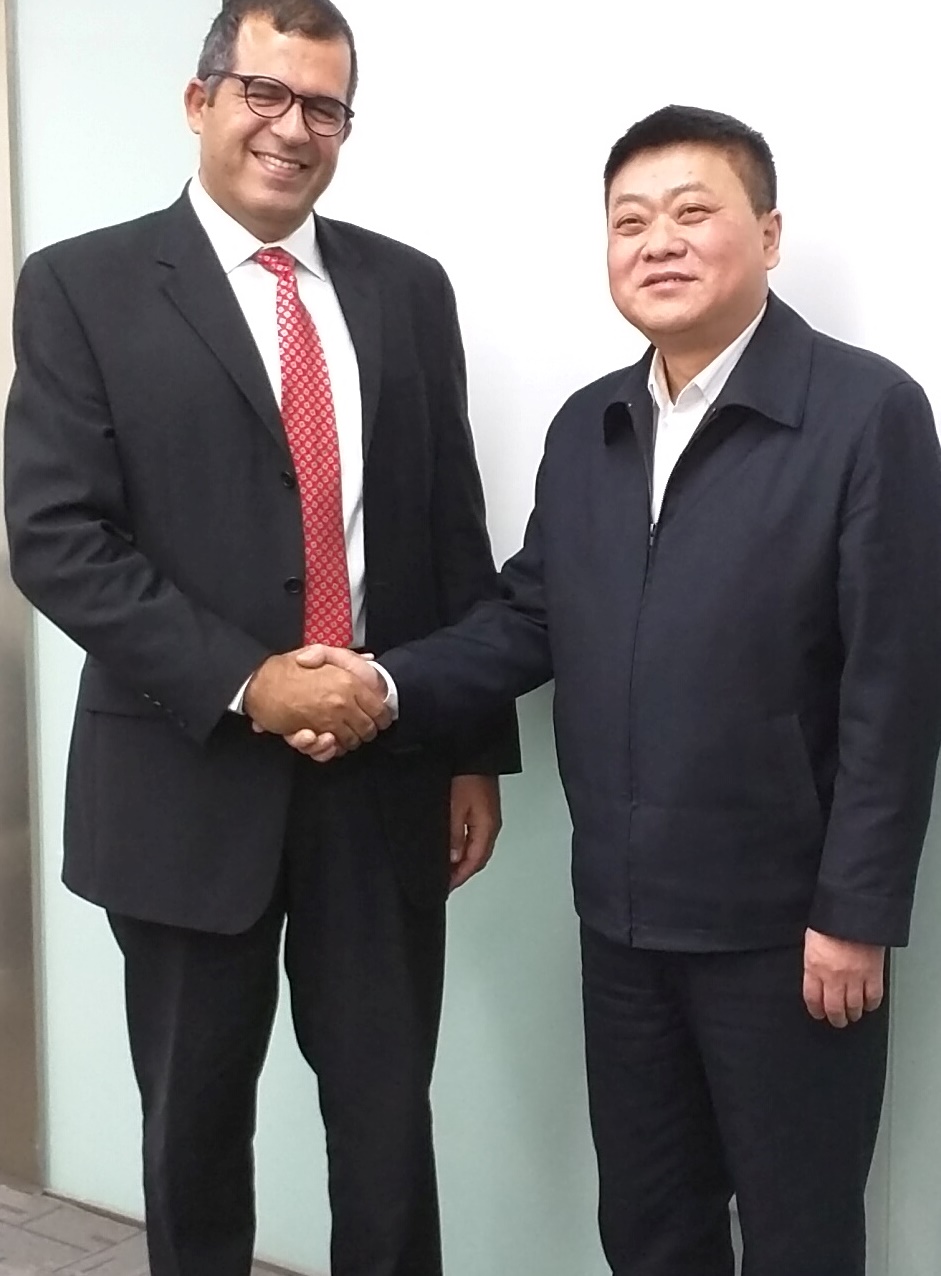
“Last March we started speaking with many strategic partners and government officials there, and came up with a plan now being implemented to establish our own production facility in China, as well as a separate sales office,” says Levy.
Emefcy has signed agreements to provide core components, construction and maintenance guidance to the Chinese companies that won tenders to build the plants in several provinces. Active discussions are taking place with integrators in additional provinces, with the aim of covering the majority of the market potential in China.
Levy, who previously cofounded AqWise, an Israeli provider of advanced biological wastewater treatment systems, says Emefcy is the first in the world to provide commercial wastewater treatment solutions based on MABR technology.
He explains that standard aerobic wastewater treatment relies on blowers or compressors to provide bubbles of air into the wastewater tank, setting off a process in which bacteria consume the contaminants in the water before it is moved to another tank and clear effluent is discharged for agricultural or other uses. This method accounts for about 2% of global energy use, says Levy.
In contrast, the spirally wound, oxygen-permeable MABR sleeve is submerged in the wastewater collection tank, diffusing oxygen naturally from the air rather than injecting it from the bottom of the tank.
“Like a lung in a body, the sleeve’s large surface area provides oxygen to the wastewater. It’s a much more efficient process with minimum impact on the environment,” says Levy. “In China they currently need to feed their biological wastewater treatment plants with electricity, so this will be a lifesaver.”
Emefcy also offers a model called RaaS, reuse as a service. “We own the plants and sell the service so the customer only pays a portion and they can use the effluent for irrigation, with no need to buy freshwater for irrigation. It is a very profitable model for the customer and for Emefcy,” says Levy.
Additional technologies are in development, such as an MABR system for larger plants and an electrogenic bioreactor in which the wastewater will generate electricity as it is being treated.
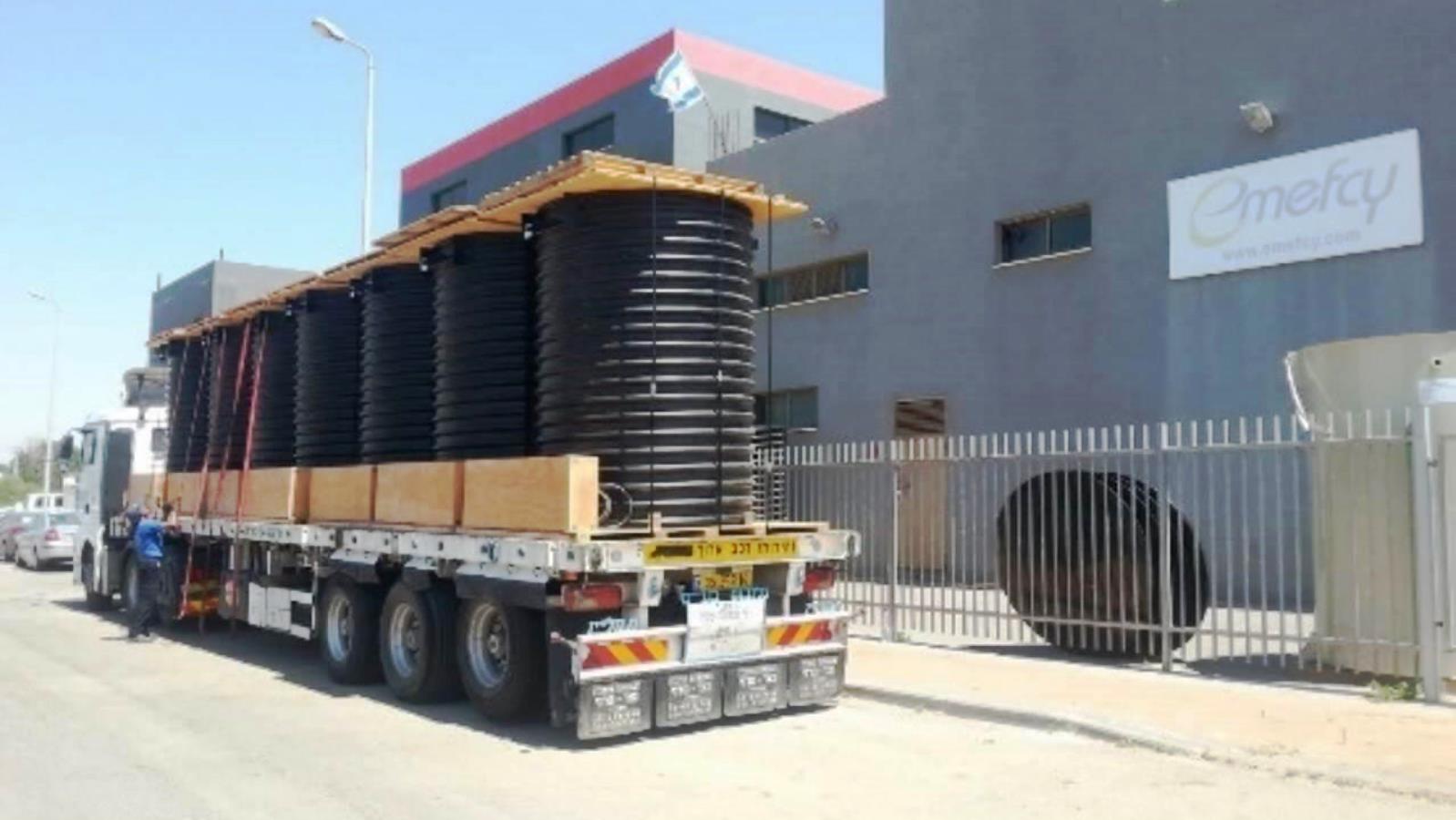
Founded in 2008 with investments from General Electric and several VCs, Emefcy went public in December 2015 on the Australian Stock Exchange. The Caesarea-based company has raised a total of $35 million from investors in China, Singapore, Hong Kong, Australia, the United States and Israel.
About 40 staffers in Israel will be joined by some 50 in China over the next year, and a subsidiary is under formation for tech support in the US.
For more information, click here.
